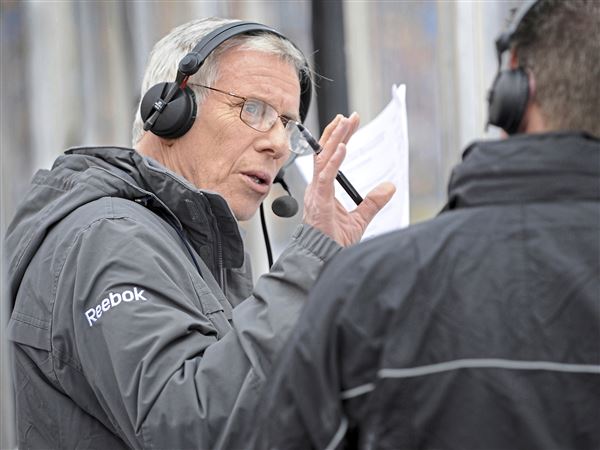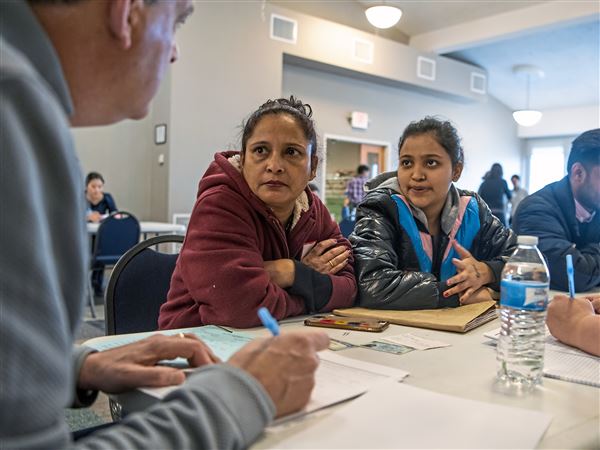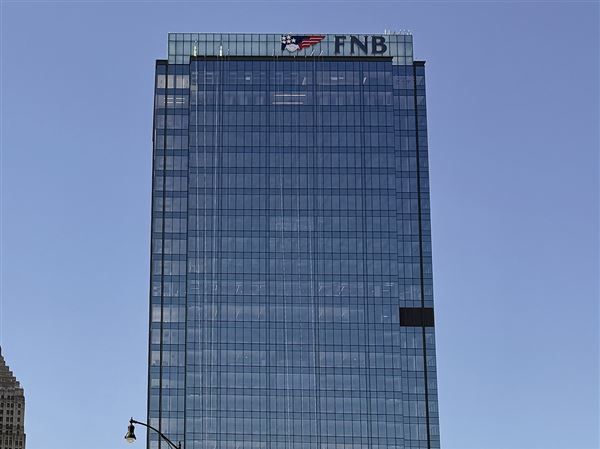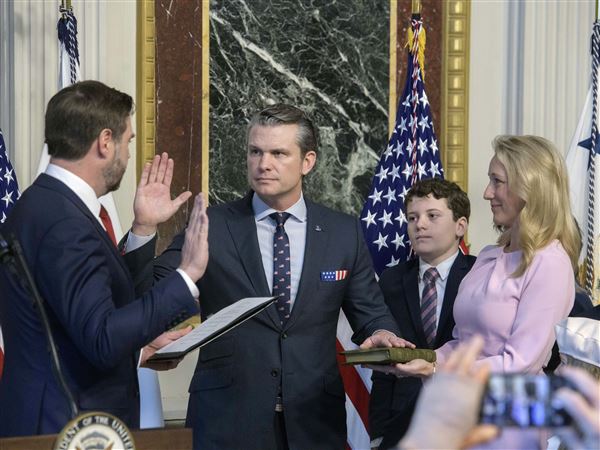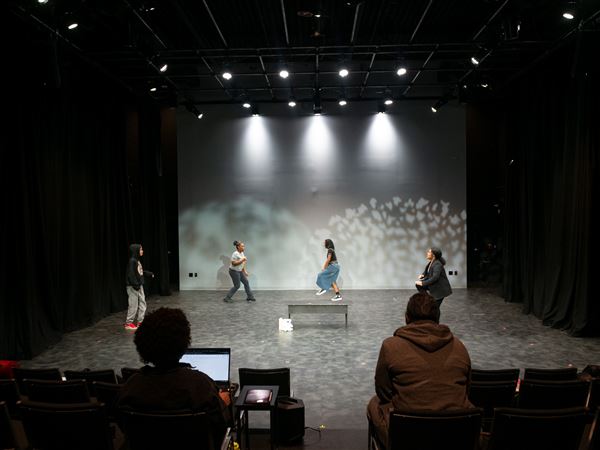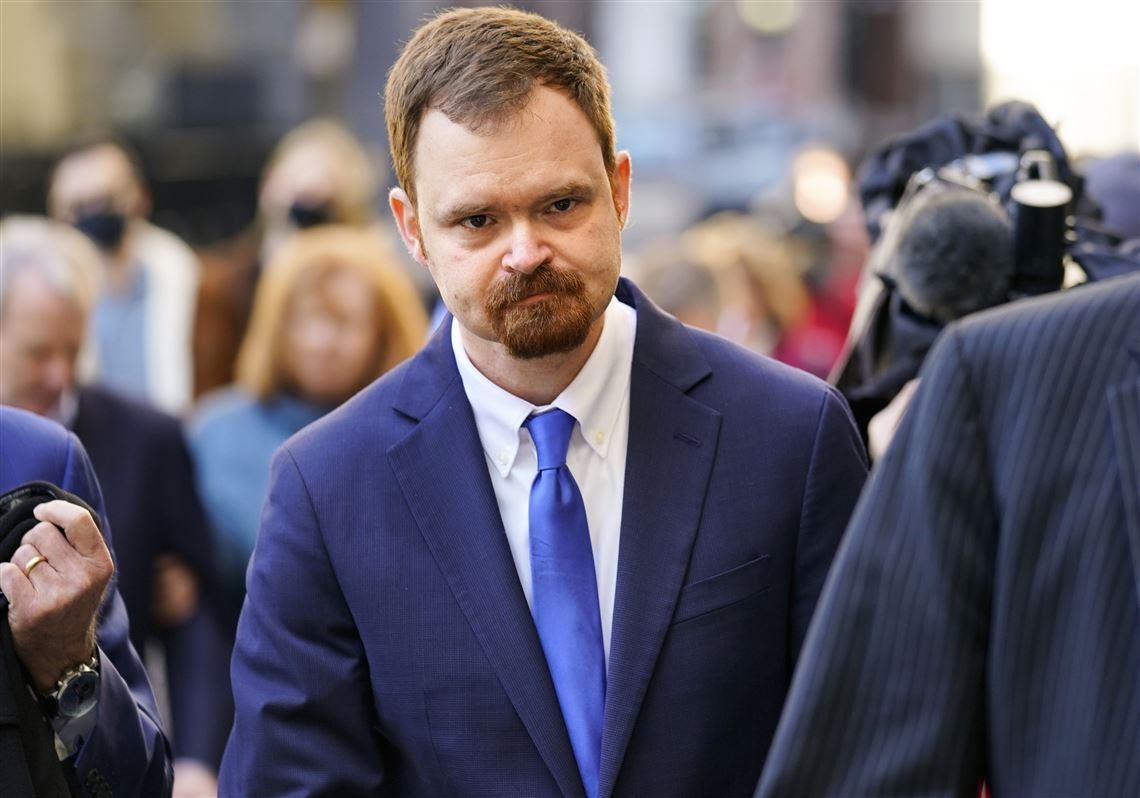This story was updated at 8:40 p.m. on Friday, March 4, 2022.
PHILADELPHIA — It took a jury less than 90 minutes to find Amtrak engineer Brandon Bostian not guilty of all charges in connection with the deadly May 2015 crash of Train 188 at Frankford Junction in Philadelphia.
Mr. Bostian was charged with causing a catastrophe, eight counts of involuntary manslaughter, and almost 250 counts of reckless endangerment.
The jury reached its verdict on its first day of deliberations following a weeklong trial and a short suspension in deliberations Friday after one juror asked to be excused after the death of his sister Thursday night — The juror initially tried to participate in deliberations. An alternate was brought in after lunch and Common Pleas Court Judge Barbara McDermott instructed the panel to start deliberations anew.
The case focused on Mr. Bostian’s actions the night of May 12, 2015, when he was the engineer on Train 188, which was making its way to New York City, a route prosecutors said Mr. Bostian had to know by memory in order to be permitted to be the sole engineer.
After departing from Philadelphia’s 30th Street Station, Mr. Bostian approached one of the most difficult sections on his route at Frankford Junction, accelerating up to 106 mph, more than twice the speed limit. The train derailed, leaving eight people dead and more than 200 injured.
During the trial, the defense contended Mr. Bostian made an honest mistake as a result of distractions outside his control. Meanwhile, prosecutors contended Mr. Bostian had to be held to a higher standard, saying his job was to control the speed of the train and the crash was a result of neglecting that job.
A year after the crash, the National Transportation Safety Board released a report that found Mr. Bostian was not intoxicated, fatigued or on his cell phone. In interviews with federal investigators, Mr. Bostian described hearing distress calls from a SEPTA engineer, who said he was “kind of dinged” and had to make an emergency stop after “something” — later determined to be rocks — shattered the windshield of the cab.
The defense’s case leaned heavily on that broadcast and introduced dispatches made by an engineer on another train, which also described projectiles being hurled. The defense asked jurors to consider the impact of those reports on Mr. Bostian as he made his way through Philly.
Pointing to interviews former colleagues and supervisors offered, as well as his incident-free track record since he became an engineer in 2010, the defense painted Mr. Bostian as a responsible employee, a train enthusiast and another victim of people hiding in the darkness that night.
Defense attorney Brian McMonagle argued the trespassers throwing rocks at trains were the ones who created a distraction for Mr. Bostian, causing him to lose his focus and make a fatal mistake. And yet, “they just walked away,” said Mr. McMonagle.
The prosecution, however, countered with engineers who testified that it’s common for people to toss projectiles at trains. Those other engineers, Phillips argued, avoided crashes by relying on their training.
Leading the prosecution, Christopher Phillips of the state Attorney General’s Office, also tried to cast doubt on Mr. McMonagle’s claims Mr. Bostian, who required 14 stitches and suffered a concussion, didn’t know where he was as he sped up.
Immediately after the crash, Mr. Bostian told a passenger exactly where they were despite later asking authorities if he was in New York.
The prosecution asked jurors not to consider Mr. Bostian’s intent that evening. The charges would be entirely different had Mr. Bostian intentionally caused the death of eight people, said Mr. Phillips in closing arguments Thursday.
“Sometimes accidents become crimes,” said Mr. Phillips.
Friday’s verdict ends a seven-year saga for family members of victims who have long waited for Mr. Bostian’s criminal trial.
In 2016, Amtrak agreed to pay a $265 million settlement to victims but levying charges against Mr. Bostian took years.
The Philadelphia District Attorney’s Office initially declined to file charges against Mr. Bostian. When a judge ordered the DA’s office to do so, the office recused itself, and the state Attorney General’s Office stepped in. Even so, judges dismissed charges against Mr. Bostian twice.
The jury reached a verdict after listening to five days of testimony from other engineers, including the Amtrak engineer who trained Mr. Bostian, crash investigators, the older brother of a crash victim and a passenger injured in the crash.
Last week, Mr. Bostian rejected a plea deal that would have dropped the lead charge of causing a catastrophe, a felony, choosing instead to let a jury decide his fate.
First Published March 4, 2022, 9:42pm
